Essay on Pollution in English in 250 words
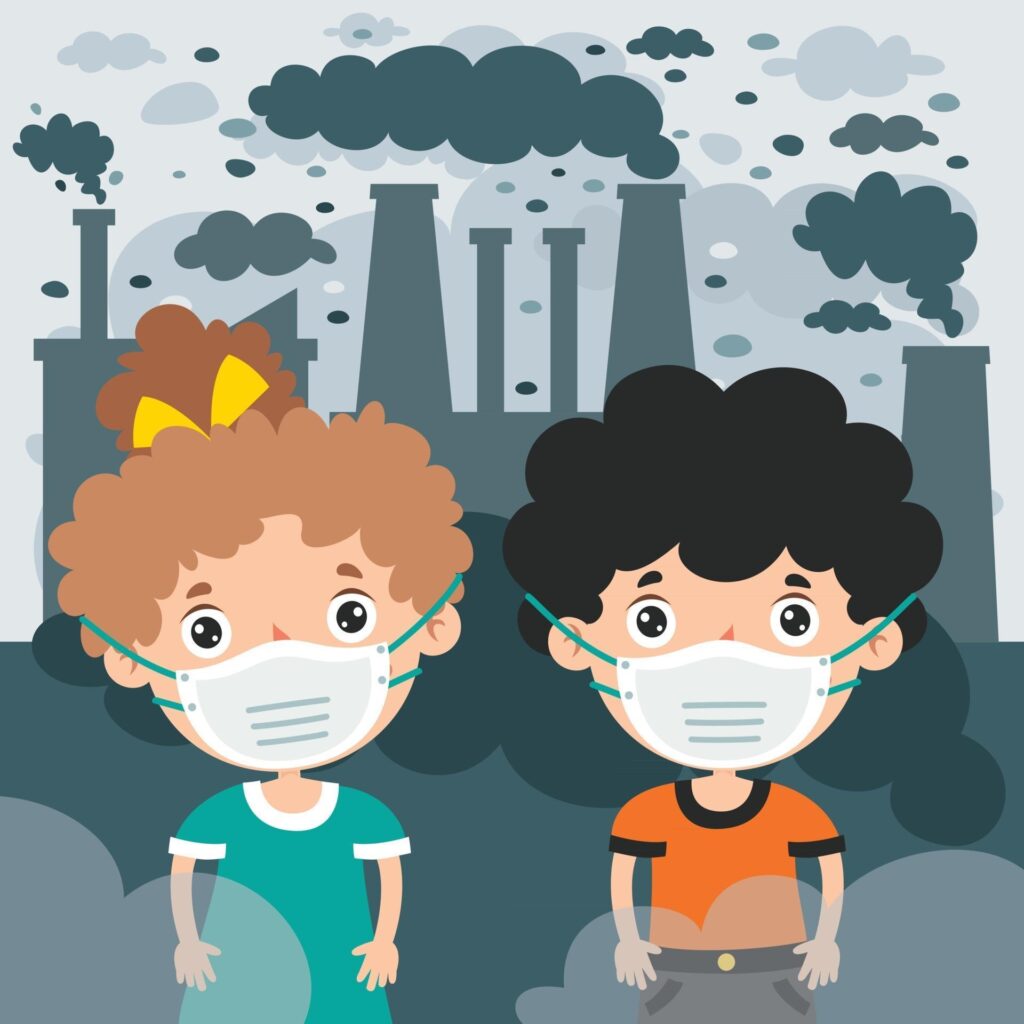
Pollution: A Pervasive Threat to Our Planet’s Health
Our planet, Earth, is a magnificent creation, teeming with life and adorned with diverse landscapes. It provides us with sustenance, shelter, and the natural resources that fuel our progress. However, the relentless pursuit of human development, often at the expense of environmental considerations, has introduced a pervasive threat to our planet’s health – the ominous presence of pollution.
Pollution, the introduction of harmful substances into the environment, has become an insidious force, disrupting the delicate balance of ecosystems and posing a significant threat to human health and well-being. It manifests in various forms, each leaving an indelible mark on the Earth’s intricate web of life.

Air pollution, a noxious cocktail of gases and particulates, chokes our skies and clouds, casting a pall of smog over cities and landscapes. The burning of fossil fuels, industrial emissions, and vehicular exhaust fumes are major contributors to air pollution. This toxic concoction wreaks havoc on our respiratory systems, triggering a range of ailments, from asthma and bronchitis to cardiovascular diseases and even lung cancer.
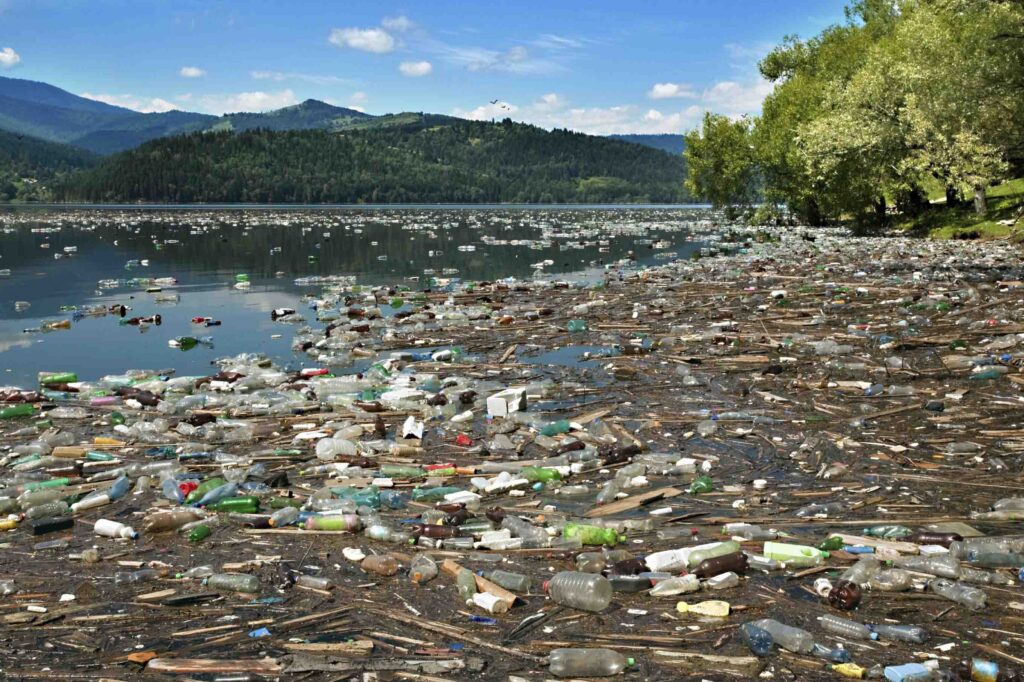
Water pollution, a sinister brew of chemicals and contaminants, taints our rivers, lakes, and oceans, poisoning marine life and jeopardizing the purity of drinking water. Industrial waste, agricultural runoff, and sewage disposal are primary culprits in water pollution. This contamination not only harms aquatic ecosystems but also poses severe health risks to humans, leading to gastrointestinal disorders, neurological problems, and even cancer.
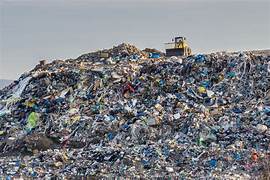
Land pollution, an insidious infiltration of toxic waste and debris, scars the Earth’s fertile soil, diminishing its ability to sustain life. Improper disposal of solid waste, industrial waste dumping, and the use of chemical pesticides and fertilizers are major contributors to land pollution. This contamination degrades the quality of soil, reduces agricultural productivity, and poses health risks to humans and wildlife alike.
The consequences of pollution extend far beyond the immediate damage to the environment. Its tentacles reach into the very fabric of human health, causing a multitude of ailments. Air pollution leads to respiratory illnesses, heart disease, and even cancer. Water pollution causes gastrointestinal disorders, neurological problems, and reproductive health issues. Land pollution can lead to poisoning, skin diseases, and developmental disorders.
The delicate balance of ecosystems is disrupted by pollution, threatening the survival of countless species. Air pollution harms plant life, reducing biodiversity and disrupting pollination processes. Water pollution contaminates aquatic ecosystems, causing fish kills and disrupting food chains. Land pollution degrades habitats, reducing biodiversity and disrupting the natural balance of ecosystems.
The specter of climate change looms large, fueled by the relentless emission of greenhouse gases into the atmosphere. Air pollution, particularly from the burning of fossil fuels, contributes significantly to the accumulation of greenhouse gases, trapping heat in the atmosphere and causing global warming. The consequences of climate change are already evident in the form of extreme weather events, rising sea levels, and the displacement of communities worldwide.
In the face of this daunting challenge, we must not succumb to despair. The power to reverse the tide of pollution lies within our collective actions. Embracing sustainable practices is essential in mitigating the harmful effects of pollution. Transitioning to renewable energy sources, reducing our reliance on single-use plastics, adopting responsible waste management strategies, and embracing sustainable agricultural practices are crucial steps toward a cleaner planet.
Individual actions, though seemingly small, can collectively create a ripple effect of change. Conserving water, opting for public transportation or cycling whenever possible, reducing our consumption of energy-intensive goods, and making informed choices about the products we consume are simple yet impactful ways to contribute to a pollution-free future.
Education and awareness play a pivotal role in fostering a culture of environmental stewardship. Empowering individuals with knowledge about the causes and consequences of pollution is essential in encouraging them to make informed decisions that align with the well-being of our planet. Schools, communities, and governments must work together to raise awareness about pollution and promote sustainable practices.
The path to a pollution-free future is not without its challenges, but it is a journey we must embark on with unwavering determination. By harnessing our collective ingenuity, embracing sustainable practices, prioritizing environmental protection, and empowering individuals to make informed choices, we can restore harmony to our planet and safeguard the well-being of future generations. Let us rise to the challenge, not with fear or resignation, but with the unwavering belief that together, we can create a cleaner, healthier, and more sustainable world for all.
Essay on Pollution in English in 250 words
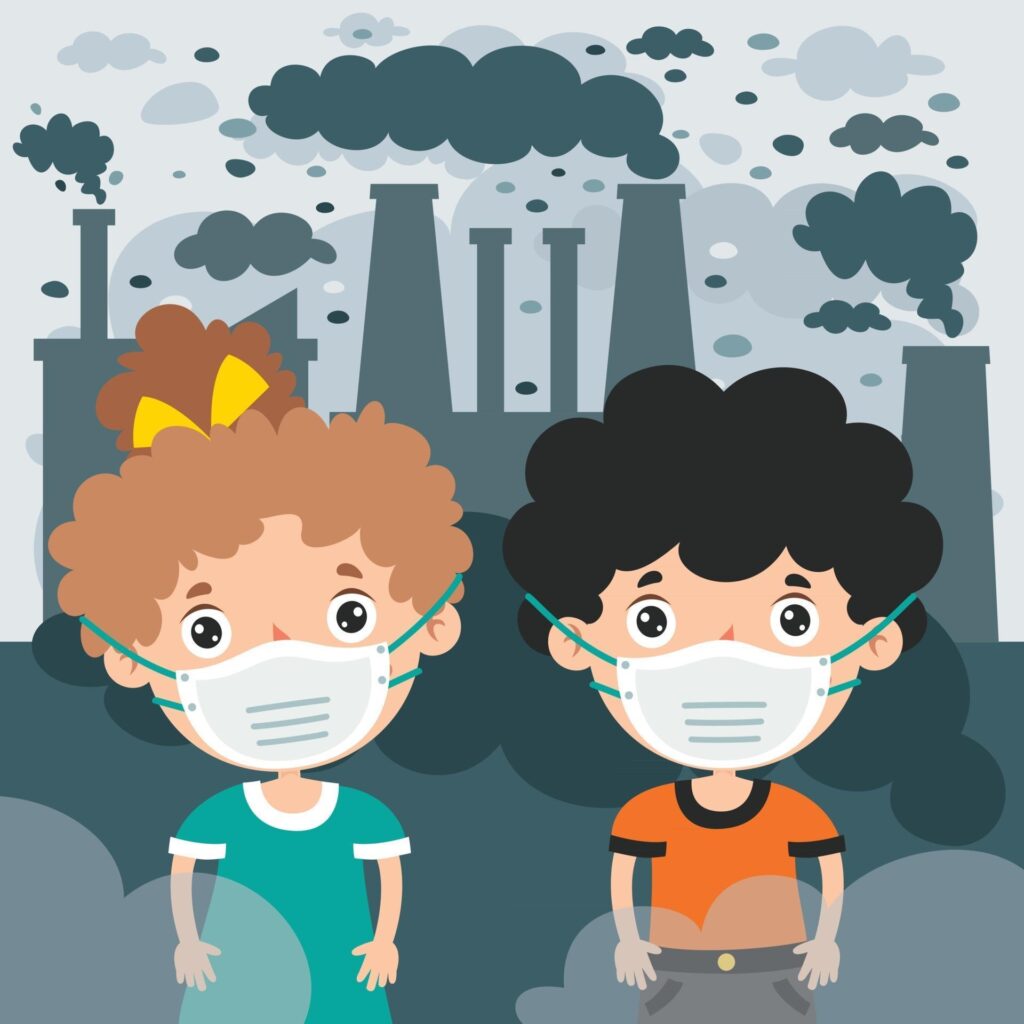
Pollution: A Looming Crisis
Pollution, the introduction of harmful substances into the environment, has emerged as one of the most pressing challenges facing our planet today. It is a complex and multifaceted issue that permeates every aspect of our lives, threatening the health of our planet, its inhabitants, and the delicate balance of nature.
Air pollution, a noxious cocktail of gases and particulates, chokes our skies and clouds, casting a pall of smog over cities and landscapes. It is a major contributor to respiratory illnesses, heart disease, and cancer, particularly among vulnerable populations such as children and the elderly.
Water pollution, a sinister brew of chemicals and contaminants, taints our rivers, lakes, and oceans, poisoning marine life and jeopardizing the purity of drinking water. It threatens the survival of countless aquatic species and disrupts the delicate ecosystems that depend on clean water for their survival.
Land pollution, an insidious infiltration of toxic waste and debris, scars the Earth’s fertile soil, diminishing its ability to sustain life. It poses a serious threat to human health through the ingestion of contaminated food and water, as well as the exposure to harmful chemicals and heavy metals.
The consequences of pollution extend far beyond the immediate damage to the environment. Its tentacles reach into the very fabric of human health, causing a multitude of ailments, from respiratory illnesses and heart disease to cancer and neurological disorders. The delicate balance of ecosystems is disrupted, threatening the survival of countless species and the delicate balance of nature.
The specter of climate change looms large, fueled by the relentless emission of greenhouse gases into the atmosphere. The Earth’s temperature is rising at an alarming rate, leading to extreme weather events, rising sea levels, and the displacement of communities worldwide. The very future of our planet and its inhabitants hangs in the balance.
In the face of this daunting challenge, we must not succumb to despair. The power to reverse the tide of pollution lies within our collective actions. Embracing sustainable practices, such as transitioning to renewable energy sources, reducing our reliance on single-use plastics, and adopting responsible waste management strategies, are essential steps in mitigating the harmful effects of pollution.
Individual actions, though seemingly small, can collectively create a ripple effect of change. Conserving water, opting for public transportation or cycling whenever possible, and reducing our consumption of energy-intensive goods are simple yet impactful choices. Education and awareness play a pivotal role in fostering a culture of environmental stewardship, empowering individuals to make informed decisions that align with the well-being of our planet.
The path to a pollution-free future is not without its challenges, but it is a journey we must embark on with unwavering determination. By harnessing our collective ingenuity, embracing sustainable practices, and prioritizing environmental protection, we can restore harmony to our planet and safeguard the well-being of future generations. Let us rise to the challenge, not with fear or resignation, but with the unwavering belief that together, we can create a cleaner, healthier, and more sustainable world for all.
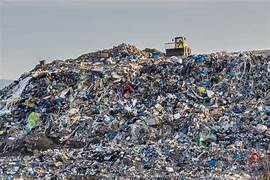
if you like Essay on Pollution in English in 250 words please do like share and comment .
for more essay you can check the below mentioned linkhttps://stationvidya.com/10-lines-on-environment-short-paragraph-on-environment/
https://stationvidya.com/dowry-system-essay-in-english-in-500-words/
Thank you
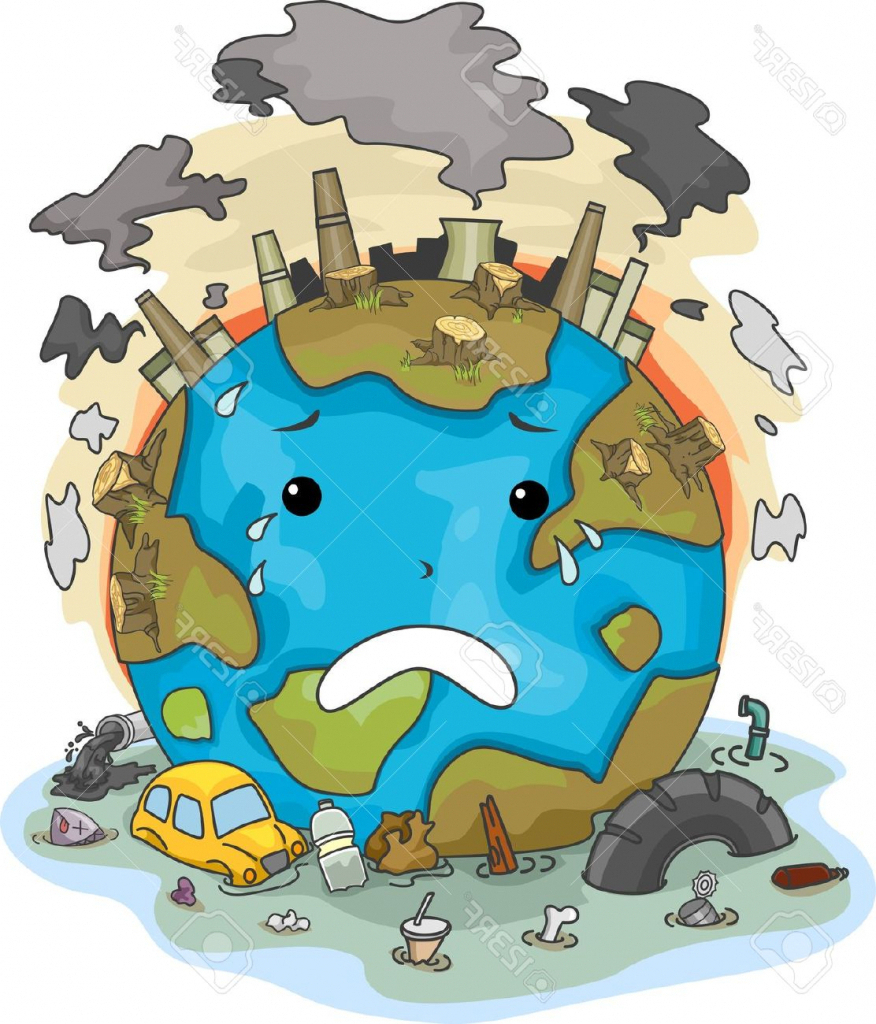
Leave a Reply